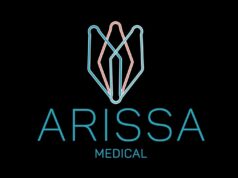
The UK National Institute for Health and Care Excellence (NICE) has published updated guidance for the UK National Health Service (NHS) on the use of mechanical clot retrieval to treat patients who have had an ischaemic stroke.
The guidance concludes that the use of mechanical clot retrieval for removing a blood clot from the blocked brain artery in people who have an acute ischaemic stroke is safe and effective.
The current mainstay of treatment for ischaemic stroke is the use of thrombolysis as soon as possible after the stroke. However, thrombolytic drugs must be given within 4.5 hours of the start of the stroke, and only benefit around 1 in 7 people treated.
Mirella Marlow, programme director, Device and Diagnostics Systems, NICE, says “When we originally looked at this in 2013 there was not enough evidence for us to advise that it worked well enough and was safe enough. At the time, we encouraged clinicians to collect more data to provide us with further evidence of the procedure’s long-term safety and effectiveness. We’re pleased that specialists took notice of our recommendation and recorded this information—this has contributed to NICE now being able to recommend this procedure with normal arrangements for clinical governance, consent and audit. We will also be exploring the potential for further NICE guidance on the devices used in the procedure.”
The NICE guidance on mechanical clot retrieval for treating acute ischaemic stroke is now available on the NICE website. It does not make recommendations about whether or not the NHS should fund the procedure. NHS bodies will continue to decide locally if they want to offer the procedure to patients.









